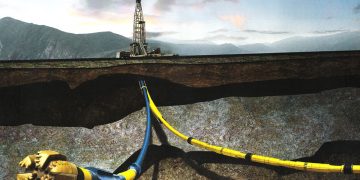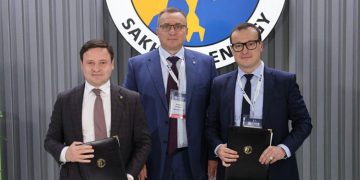Sakhalin Energy: Building a Public Dialogue
Moscow, 14 September 2010: Earlier today, Sakhalin Energy presented to general public and government authorities its first Sustainable Development Report produced in conformity with the Global Reporting Initiative (GRI) standard. The Company decided to start this type of public reporting on joining the UN Global Compact in November 2009.
The publication of the Sustainable Development Report was preceded by several rounds of public hearings and profound consultations with external stakeholders.
The Sustainable Development Report not only covers the main activities of Sakhalin Energy in 2009, but also describes the Company’s key values and principles, demonstrating its focus on sound business practices and high standards of corporate culture. Sakhalin Energy CEO Andrey Galaev says: “Sakhalin Energy builds its business on the strategy of sustainable development […]. This approach makes the production or process decision-making impossible without due assessment of potential impacts on the natural environment or communities in Sakhalin. I know that the Company’s activities have a very positive effect on the social and economic development of the region.”
An important achievement was successful completion of the Report’s public endorsement procedure by the Council for Non-Financial Reporting of Russian Union of Industrialists and Entrepreneurs (RUIE). In its opinion, RUIE concludes that Sakhalin Energy’s Sustainable Development Report “covers key areas of the responsible business practices according to the Social Charter of Russian Business, providing sufficiently full information on the Company’s activities in these areas”.
Sakhalin Energy’s transition to this new form of non-financial reporting is still another evidence of the Company’s open and responsible approach to business and its continuous focus on building a dialogue with the public.
The presentation of Sakhalin Energy’s Sustainable Development Report was attended by members of the research and expert communities, federal and regional legislative and executive authorities, big business, indigenous people of Sakhalin and non-profit organizations dealing with the socio-economic development and social responsibility issues, as well as other community members and media.
Source: http://www.sakhalinenergy.ru/ru/






